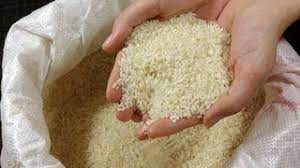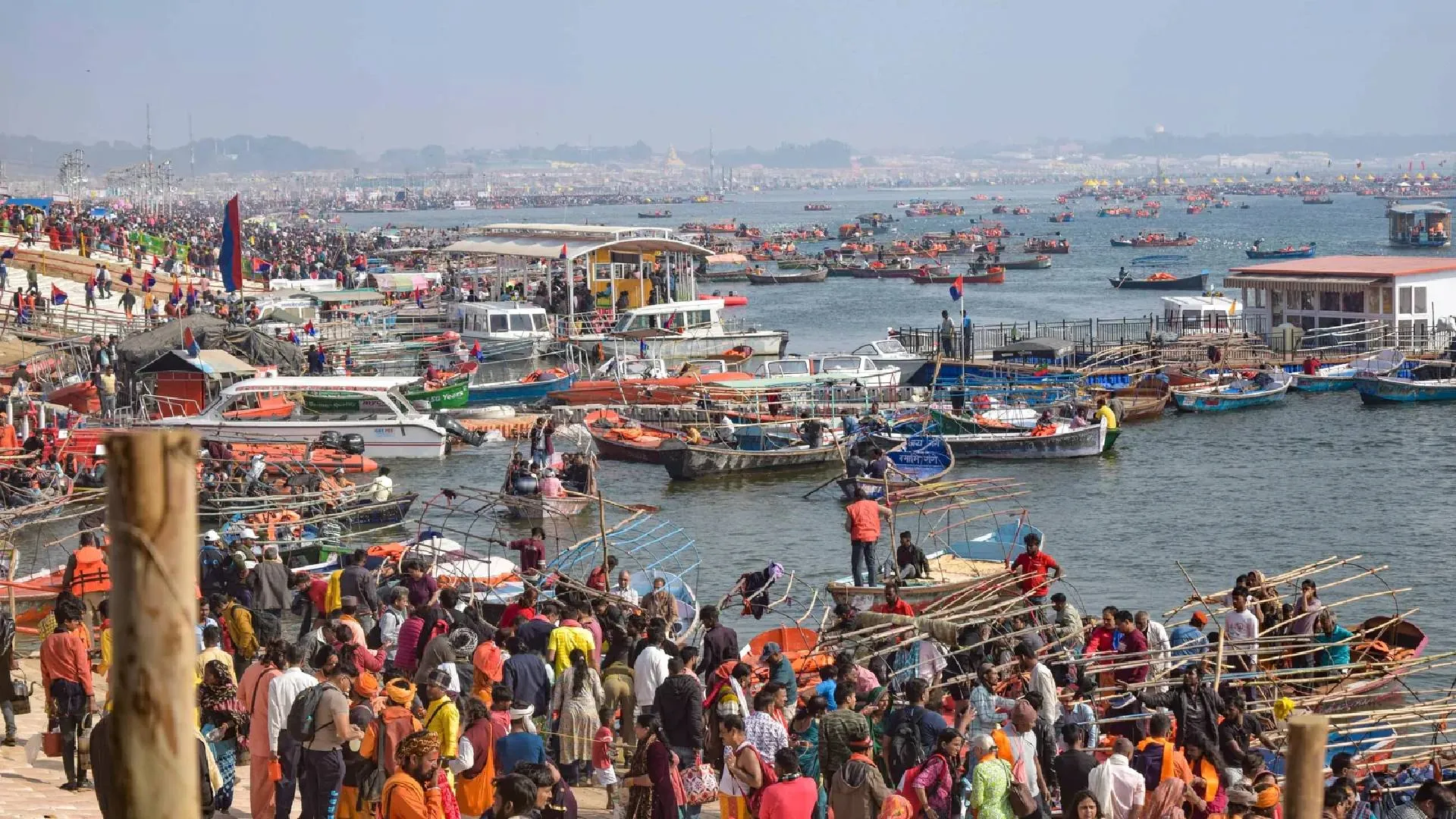Francis Ndege isn’t sure if his customers in Africa’s largest slum can afford to keep buying rice from him. Prices for rice grown in Kenya soared a while ago because of higher fertiliser prices and a yearslong drought in the Horn of Africa that has reduced production. Cheap rice imported from India had filled the gap, feeding many of the hundreds of thousands of residents in Nairobi’s Kibera slum who survive on less than $2 a day. But that is changing. The price of a 25 kg (55-pound) bag of rice has risen by a fifth since June. Wholesalers are yet to receive new stocks since India, the world’s largest exporter of rice by far, said last month that it would ban some rice shipments.
It’s an effort by the world’s most populous nation to control domestic prices ahead of a key election year — but it’s left a yawning gap of around 9.5 million metric tonnes (10.4 tons) of rice that people around the world need, roughly a fifth of global exports.
“I’m really hoping the imports keep coming,” said Ndege, 51, who’s sold rice for 30 years.
Global food security is already under threat since Russia halted an agreement allowing Ukraine to export wheat and the El Nino weather phenomenon hampers rice production. Now, rice prices are soaring — Vietnam’s rice export prices, for instance, have reached a 15-year high — putting the most vulnerable people in some of the poorest nations at risk.
An El Nino is a natural, temporary and occasional warming of part of the Pacific Ocean that shifts global weather patterns, and climate change is making them stronger. Scientists expect the one underway to expand to supersized levels, and, in the past, they have resulted in extreme weather ranging from drought to flooding. The impact would be felt worldwide. Rice consumption in Africa has been growing steadily, and most countries are heavily dependent on imports.
While nations with growing populations like Senegal have been trying to grow more of their own rice — many are struggling.

















